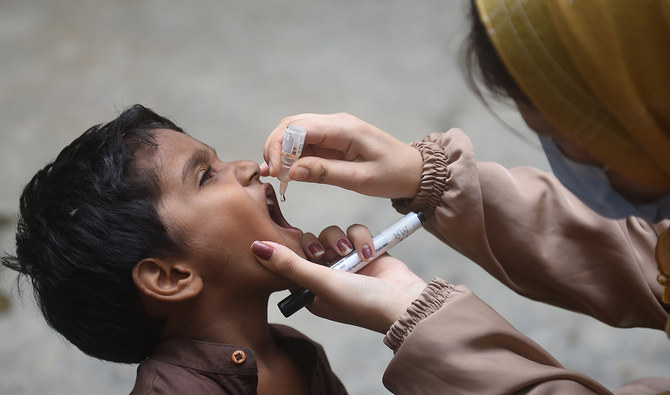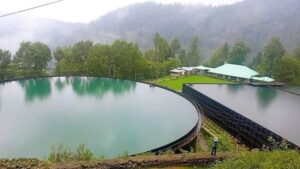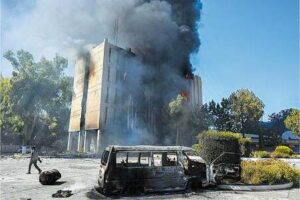ISLAMABAD – Polio virus detected in sewage samples collected from 20 districts across Pakistan, including Islamabad and all four provinces, according to official sources at the National Reference Laboratory.
Between 8 May and 17 June, environmental samples were collected for routine testing from key sewerage lines across the country. Of the 28 samples examined, all tested positive for Wild Polio Virus Type 1 (WPV1), confirming widespread environmental transmission.
In Sindh, polio virus was detected in sewage samples from 10 districts, including Karachi East, West, South, Keamari, Sukkur, Jacobabad, Hyderabad, Qambar, Larkana, and Mirpurkhas. Fourteen samples in total tested positive.
Punjab recorded three positive sewage samples in Lahore, while in Balochistan, three samples tested positive from Mastung, Khuzdar, and Sibi districts. In Khyber Pakhtunkhwa, five samples from Dera Ismail Khan, Lakki Marwat, Mansehra, and Upper South Waziristan also confirmed the presence of the virus.
In the federal capital, Islamabad, two sewage samples tested positive for polio, raising concerns about the virus circulating in urban centres. Additionally, Azad Kashmir’s Mirpur district reported one positive sample.
Officials stress that the detection of polio virus in sewage samples serves as a critical indicator of silent transmission, even in areas without reported polio cases. The Ministry of National Health Services has been notified, and vaccination campaigns are expected to intensify in the affected districts.
Health experts call for urgent steps to improve routine immunisation coverage, enhance environmental surveillance, and mobilise local communities.
This confirmation that polio virus has been detected in sewage samples across multiple regions underlines the persistent threat of polio in Pakistan, one of the last two countries in the world where the disease remains endemic.












